
Why Indie Beauty Brands Are Getting Into The Retreat Business
Next month, Christine Bullock is set to host the Glow Head-to-Toe retreat at the resort Two Bunch Palms in Palm Springs, Calif. The four-day event will feature exercise classes, spa and body treatments, and a nutritional program suggesting foods to eat for glowing skin from the inside out. Bullock pitches, “All of the elements are designed to reshape your body, restore your radiance, revive your energy with the master goal of making you feel and look younger before the holiday season craze.”
A key component of the retreat is a skin bootcamp during which attendees will be introduced to Bullock’s brand Kayo. For the past three years, Kayo has been focused on treating the skin below the chin with clean, cruelty-free serums, oils and creams. It’s about to launch a detoxifying body wash and a pumpkin enzyme scrub, and the new items spurred Bullock to pull the trigger on the retreat. She says, “I’ve wanted to do a fully integrated wellness and beauty retreat forever, and the bath products made it all come together.”
Thanks to the wellness sensation and women’s desire to escape the daily grind, the retreat business is booming, and Kayo is one of a growing number of indie beauty brands jumping on the bandwagon. Some companies like Coola and Stowaway Cosmetics have piggybacked onto the mind-body getaways of large retailers and media companies like Free People, Well + Good and Urban Outfitters, but smaller shops and startups are going the Kayo route and getting in on the action by hosting experiences of their own.
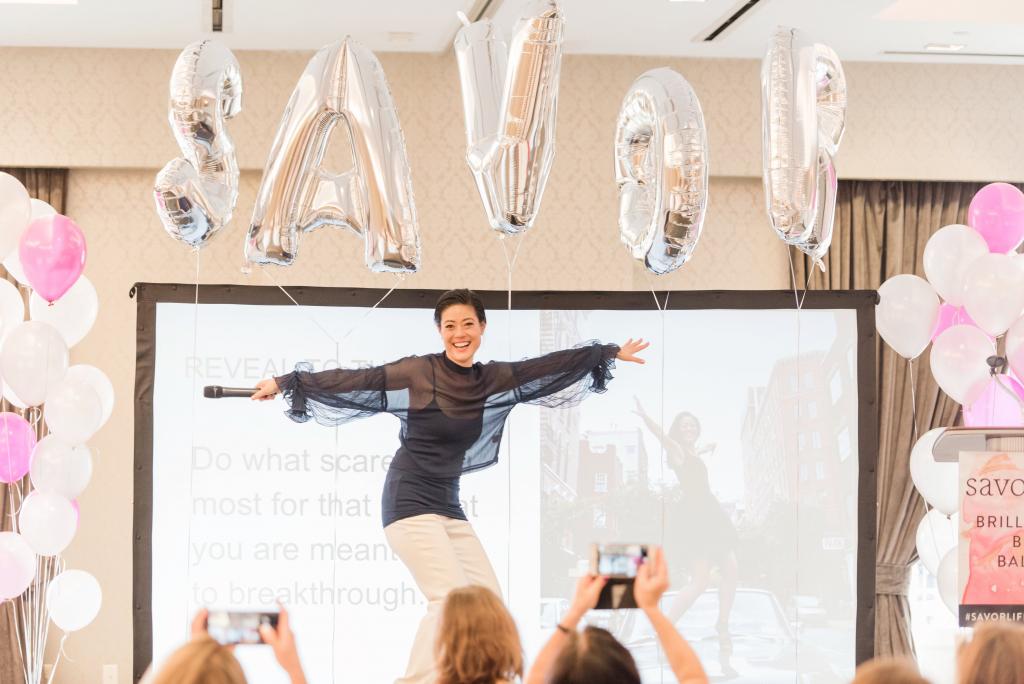
Natural haircare brand Davines hosted a Wellscape retreat in New York City last year, and Chloe Nordlander, owner of Rad Ritual, a holistic wellness shop in Pittsburg is currently leading a group of women on a so-called Rad Retreat in Tulum, Mexico. The retreat is touted as including “daily yoga and energy healing sessions, the best food of your life, a cacao ceremony, ancient ruins, sacred cenotes, and a Mayan clay spa and bathhouse.”
“It’s almost like your philosophy and concept in a pop-up, three-dimensional version. When people come to the Savor events, they can touch, see and feel the brand, which makes it much more meaningful to them and has the potential to make them more engaged, loyal customers.”
While joining in on another company’s retreat helps get products into the hands of possible customers, hosting events gives brands control. “You have the ability to pull people deeper into your brand story, especially if the founder is there and you can learn the importance and meaning of what she’s trying to do in the world,” says Angela Jia Kim, founder of Savor Beauty and Spas, and Savor the Success, and host of several summits. “It’s almost like your philosophy and concept in a pop-up, three-dimensional version. When people come to the Savor events, they can touch, see and feel the brand, which makes it much more meaningful to them and has the potential to make them more engaged, loyal customers.”
Despite the interest in retreats, the monetary risk for hosts, especially for brands without deep pockets, is high. Cheryl Pierce, founder and CEO of Skinworx, a medical spa and skincare store in San Francisco, knows the downside all too well. After a successful one-day event in October 2017, Pierce planned a three-day affair in Los Angeles in April. She blocked out 20 hotel rooms for it, but only 12 people signed up. “I lost a lot of money on the second retreat because I just dove into it,” she says. “People did not commit, but I had already committed to the resort.”

Instead of feeling bitter about the lack of attendance and loss of money, though, Pierce chalks up the stumbles to the “cost of tuition” for the experience. “I didn’t know anything about marketing and, now, I’m going to redo it. I’m not going to host an out-of-town retreat again because people aren’t ready for yet,” she says. “Instead, I’m going to try a free webinar to talk about what [confidence-boosting program] Skin Deep is all about and, then, at the end of the webinar, I’m going to take a survey of who is interested in a one-day workshop to go a little bit deeper. If nobody is interested, then I’m not going to do it. As an entrepreneur, you have to be willing to fail and fail fast.”
“I don’t think I’m making a profit out of this. We’re actually giving Kayo products away to each and every customer. But, I think in the long run, you drive sales. If you have one happy customer, they’re going to share that product with however many other customers. They’re also going be a repeat buyer. This about that personal touch of getting product into somebody’s hand.”
Even when Kim hosted summits sponsored by corporations like American Express, Whole Foods and Goldman Sachs, there were major cash-flow considerations. She says, “One year, we hosted a one-day event that cost six figures, and those companies don’t pay you until 90 days after the event, so it was basically me fronting the money, and it was so stressful.”
For her Glow Head-to-Toe getaway, Bullock has partnered with Retreats Unlimited to help handle the logistics of sign-ups and scheduling. There are 20 spots available priced at $3,411 for a double room and $3,711 for a single, and a handful of confirmed guests, which Retreats Unlimited assures her is normal. “They said it will continues to fill slowly until the last days few days when you typically get a lot of people signing up,” she says. “Some people just wait ’til the last minute, depending on their schedules.”
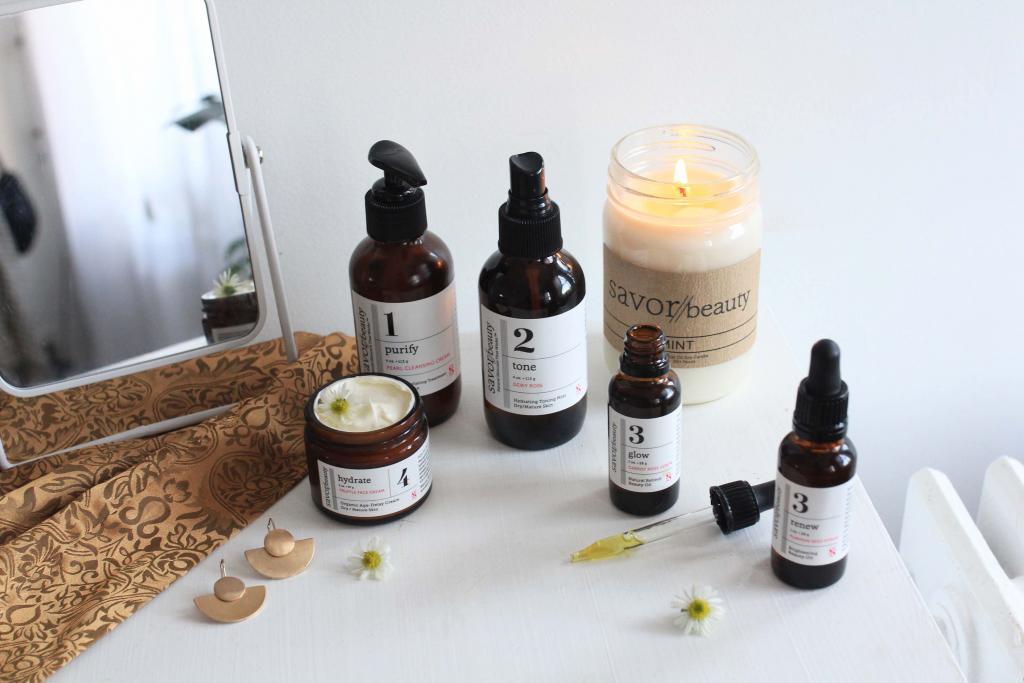
Bullock doesn’t view the retreat as an immediate money-making endeavor. “I don’t think I’m making a profit out of this,” she admits. “We’re actually giving Kayo products away to each and every customer. But, I think in the long run, you drive sales. If you have one happy customer, they’re going to share that product with however many other customers. They’re also going be a repeat buyer. This about that personal touch of getting product into somebody’s hand.”
Savor has found forging personal connections at retreats to be an effective way to boost business over the long term. Kim says she has absolutely gained customers from the summits that she doesn’t think would have discovered her products otherwise. “It’s experiential marketing at its best,” she asserts. “And as long as you’re really clear that your end goal is brand awareness, not sales, then it’s worth its weight in marketing dollars.”
TAKEAWAYS
- The wellness craze and desire to flee the daily grind has revved up interest in retreats.
- Indie beauty startups have participated in retreats put on by media and retail companies the likes of Well + Good, Free People and Urban Outfitters, but a growing number of small brands and stores are hosting experiences of their own.
- When handling their own retreats, indie brands retain control over the experience rather than ceding it to a third-party retreat organizer. However, control means they take on the financial risk, which can be significant.
- Indie beauty brands aren’t expecting retreats to generate immediate returns on investment. Instead, they’re taking a long-term view of retreats’ impacts on their businesses and considering their abilities to help forge lasting relationships with customers.
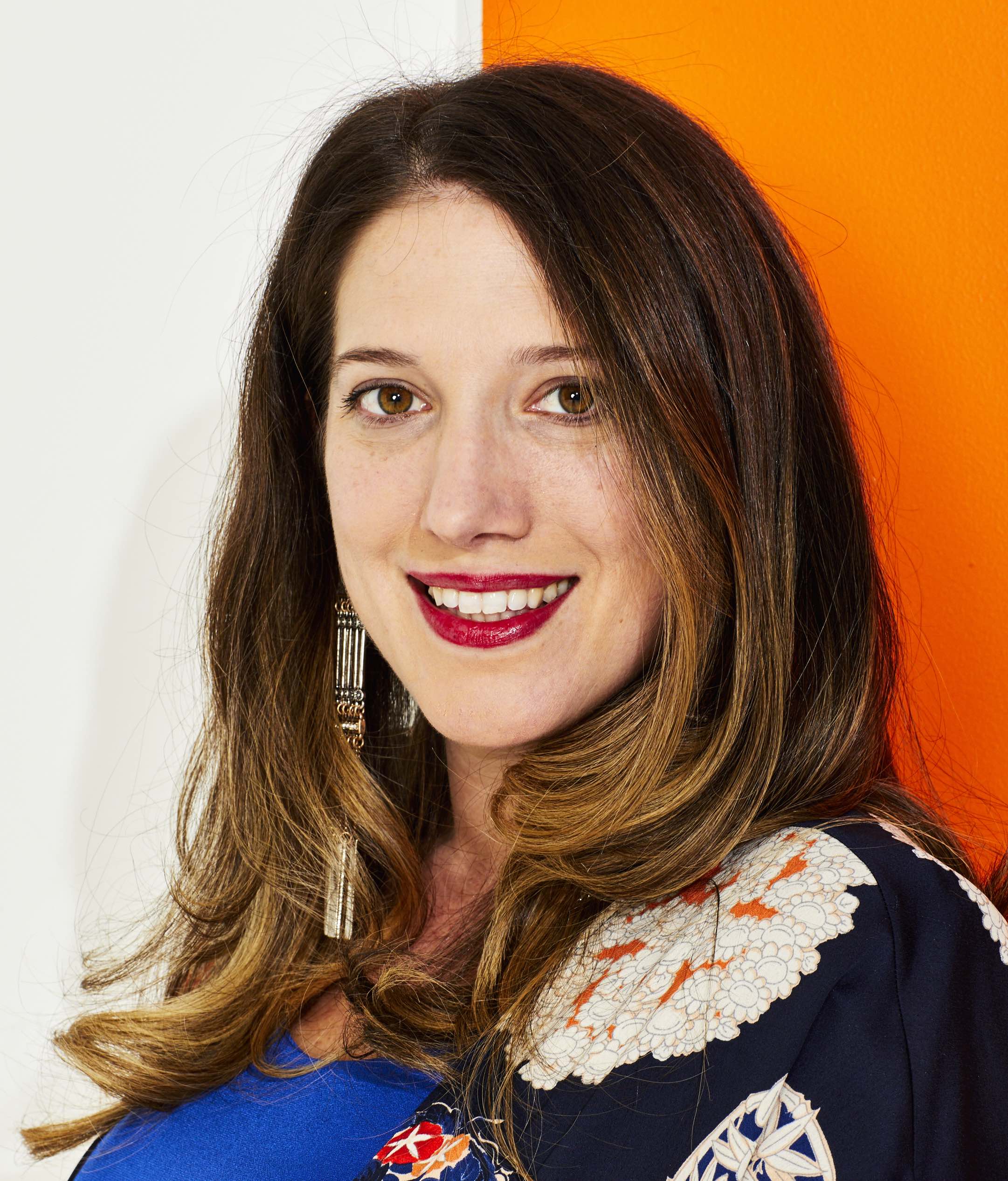
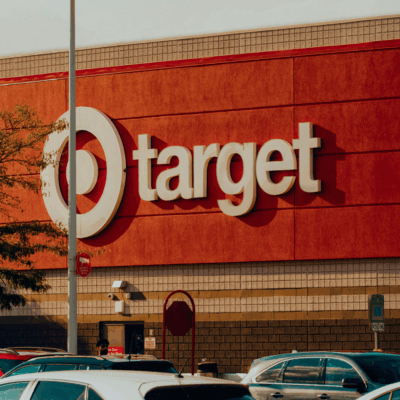
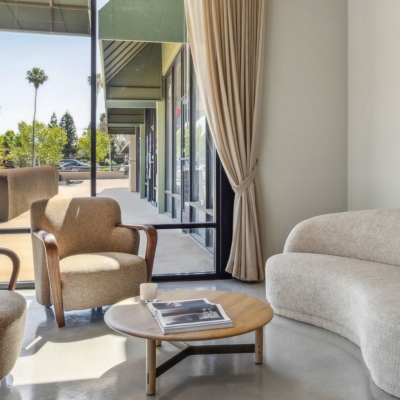
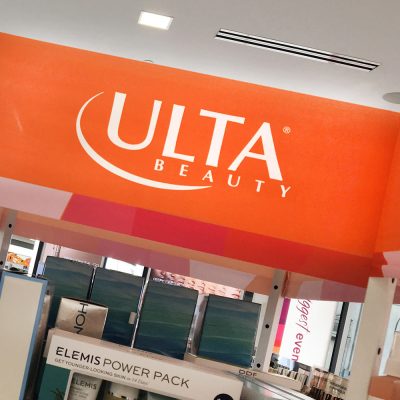

Leave a Reply
You must be logged in to post a comment.